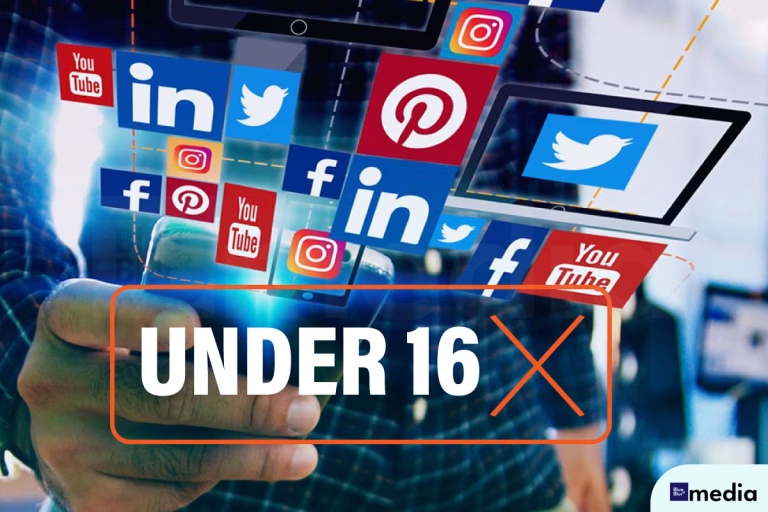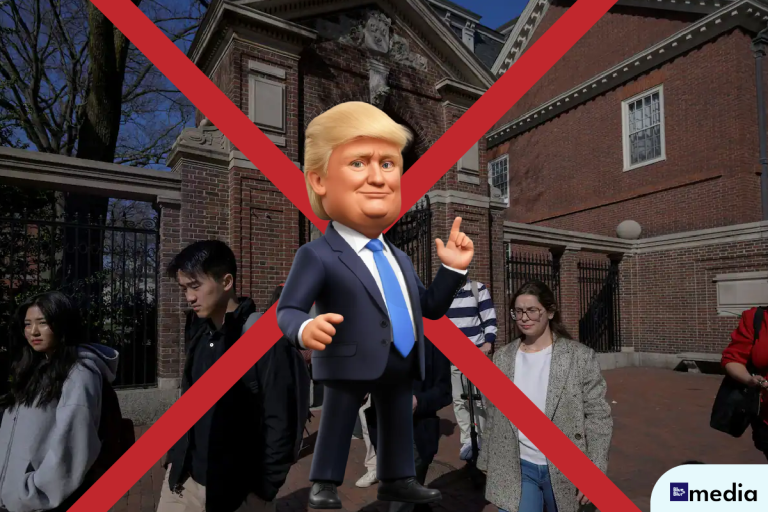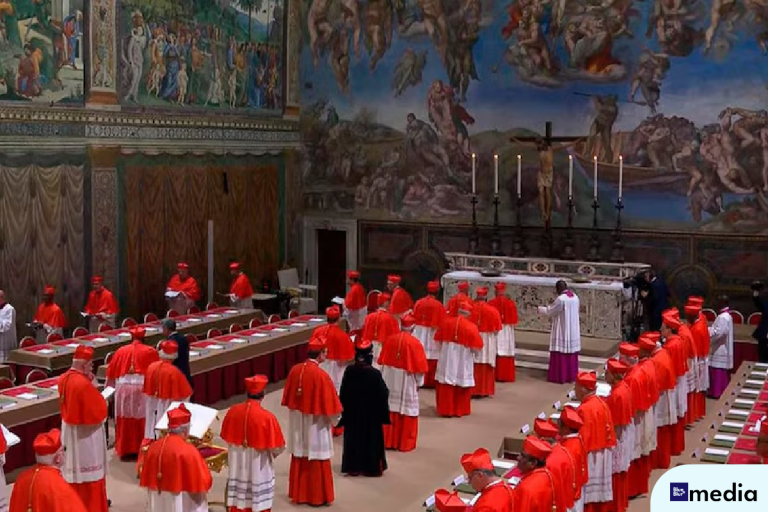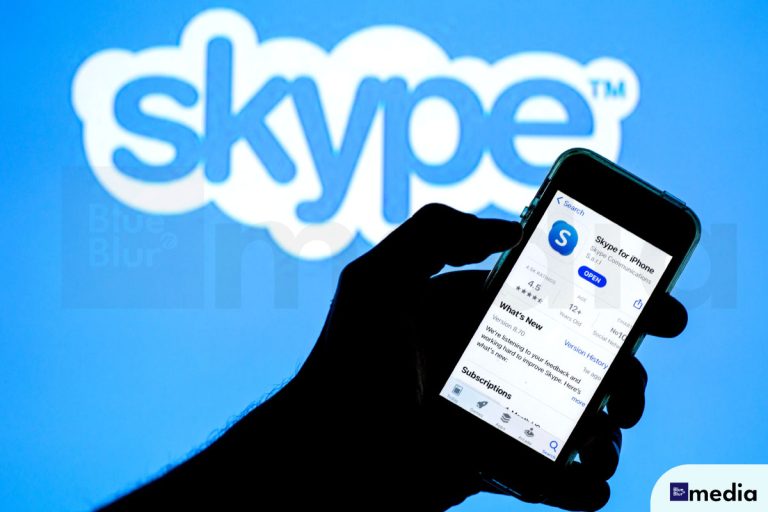TikTok Ban 2025: US-China Deal and National Security Concerns Explained
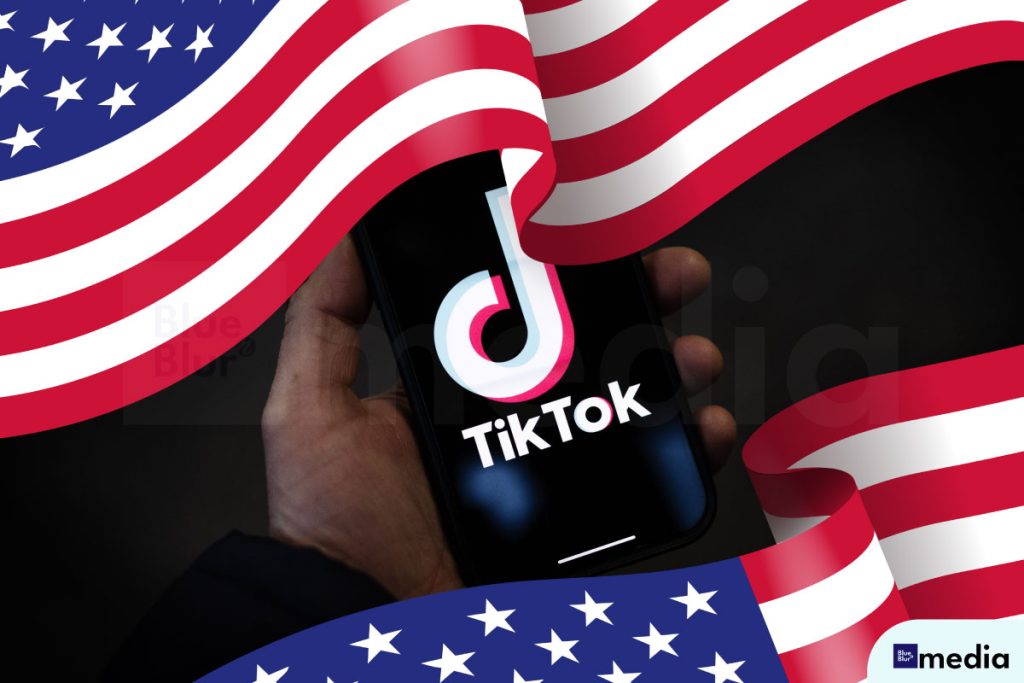
TikTok Ban in the US Deadline and Current Status
The TikTok ban in the United States remains uncertain after the White House announced a new China-US framework deal. Originally, the ban was set to take effect on September 17, 2025. TikTok’s parent company, ByteDance, needed to sell to a US-based entity to avoid the ban. The US government already extended the ban pause three times. The latest extension came in June 2025 to allow more negotiations. Meanwhile, the app continues to operate as both countries seek a resolution amid growing national security concerns.
Trump’s Support and Upcoming Discussion with Xi Jinping
US President Donald Trump publicly backed the framework deal. He called it a win for young Americans eager to keep TikTok’s popular platform. On his social media platform, Truth Social, Trump said the deal would finalize after talks with Chinese President Xi Jinping. Those talks are scheduled for Friday, September 19, 2025. He described the US-China relationship as “very strong,” showing optimism about bilateral cooperation.
Confidential Deal Terms and Madrid Negotiations
The White House refused to disclose full details of the framework deal. The agreement came during trade talks between US and Chinese officials in Madrid. The talks lasted two days and continued negotiations that started in May. The goal was to ease trade tensions and settle TikTok’s ownership issue. US Treasury Secretary Scott Bessent confirmed that ByteDance and the US entity privately agreed on commercial terms. However, China demanded trade and technology concessions in return for divesting from TikTok in the US market.
National Security Concerns and Trade Concessions
US officials stressed that national security remains the top priority in this deal. Secretary Bessent and Trade Representative Jamieson Greer said China made aggressive demands. These included tariff cuts and technology transfer concessions tied to the deal’s trade context. The US delegation rejected any compromise on national security despite pressure to ease demands. The TikTok divestment deal keeps the app running in the US and helps reduce rising trade tensions between the two nations.
Broader Implications for US-China Relations
The deal connects to broader economic issues. The US has pushed China and allies to impose tariffs on Chinese goods linked to Russian oil imports. China condemned these moves as economic coercion threatening global trade stability. Analysts say the framework deal depends heavily on the Trump-Xi summit’s outcome. Experts warn that the real complexity of negotiations will continue beyond this initial agreement.
Expert Insights on the Deal’s Long-Term Effects
Experts say the TikTok ownership deal reflects a mix of technology, geopolitics, and national security concerns. Professor Usha Hayley of Wichita State University called it a convergence of worries over data privacy, influence over public discourse, and Beijing’s expanding tech reach. This deal clearly shows the US government views platforms like TikTok as strategic assets, not mere private companies. It will shape future international tech policy and regulation.
Challenges Ahead and Potential User Impact of TikTok Ban in the US
Despite the framework deal, challenges remain in timing and implementation. China sees the deal as the start, not the conclusion, of negotiations. Many key details still require talks that may last years. Cybersecurity experts warn the ban could drive users to unregulated app versions that risk device security. The deal’s resolution will significantly affect US-China trade and the social media experience for millions of American users.


